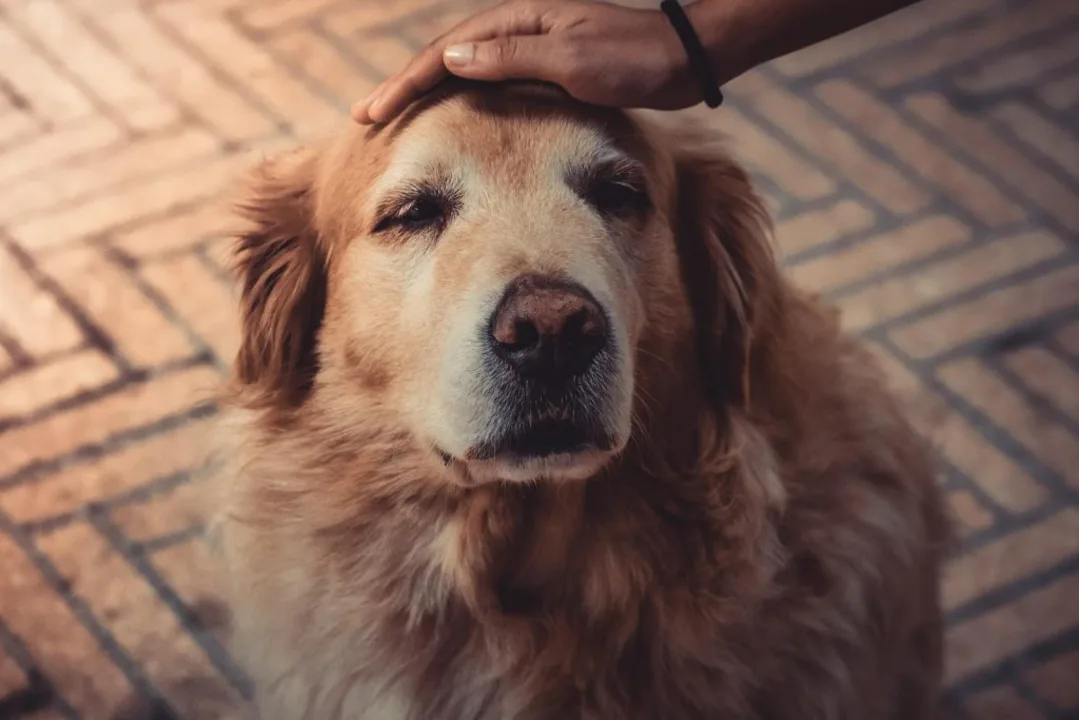Why are dogs considered domestic animals?
In this article, we will explore the reasons why dogs are considered domestic animals. We will delve into their history, their relationships with humans, and the various roles they have played in our lives. We will also discuss the different breeds of dogs and how they have been bred to fit specific purposes and environments. So, let's get started!
Ancient Origins of Dog Domestication
The history of dogs as domestic animals goes back thousands of years, with evidence suggesting that the domestication process began around 20,000 to 40,000 years ago. Dogs are believed to have descended from wolves as humans began to tame and breed them for specific traits. Over time, these tamed wolves evolved into a separate species that is now known as the domestic dog (Canis lupus familiaris).
As humans and dogs began to live together, they formed a mutually beneficial relationship. Dogs provided protection and helped with hunting, while humans offered food and shelter. This partnership proved to be so successful that dogs have spread across the globe, adapting to various environments and cultures.
The Human-Canine Bond
One of the main reasons dogs are considered domestic animals is the strong bond they have formed with humans over time. This bond is built on trust, affection, and communication. Studies have shown that dogs are able to understand human emotions and respond to them, making them excellent companions and helpers.
Many dog owners consider their pets to be members of their family, and dogs have been known to display loyalty and devotion to their human families. This bond has led to the development of various dog sports and activities, such as agility, obedience, and herding, which showcase the incredible connection between humans and dogs.
Dog Breeds and Their Roles
Dogs come in a wide variety of breeds, each with its own unique characteristics and abilities. These breeds have been developed over centuries through selective breeding, which has allowed humans to create dogs that are well-suited to specific tasks and environments.
For example, herding dogs like the Border Collie and the Australian Shepherd have been bred for their intelligence and ability to work with livestock. Hunting dogs like the Labrador Retriever and the Pointer have been bred for their keen senses and athleticism. Toy breeds like the Pug and the Chihuahua, on the other hand, have been bred primarily for companionship.
Working Dogs and Service Animals
Dogs have long been valued for their ability to perform various jobs that are beneficial to humans. Working dogs such as police dogs, search and rescue dogs, and sled dogs all play crucial roles in their respective fields. These dogs undergo extensive training to learn the skills necessary to assist humans in their tasks.
Service animals, such as guide dogs for the visually impaired and therapy dogs for those with emotional or mental health challenges, provide invaluable support and assistance to their handlers. These dogs are specifically trained to cater to the unique needs of their handlers, enabling them to live more independent and fulfilling lives.
Adapting to Urban Life
As human societies have evolved and urbanized, dogs have adapted to living in these new environments. Many breeds of dogs are well-suited to living in apartments and small homes, requiring only moderate exercise and minimal grooming.
Dogs have also become an important part of urban culture, with dog parks, pet-friendly businesses, and dog-centered events becoming increasingly common. This adaptability has allowed dogs to continue to thrive as domestic animals in a variety of settings.
Dogs as Emotional Support
Another reason dogs are considered domestic animals is their ability to provide emotional support and companionship to humans. Dogs have been shown to have a positive impact on mental health, helping to reduce stress, anxiety, and depression. The unconditional love and affection dogs provide can be a great source of comfort to those struggling with emotional challenges.
Many people also find that caring for a dog can give them a sense of purpose and responsibility, further contributing to their overall well-being. This emotional connection between humans and dogs has solidified their status as domestic animals.
Dog Training and Obedience
Part of what makes dogs such good domestic animals is their ability to learn and follow commands. Dogs can be trained to perform a wide range of tasks, from basic obedience commands like "sit" and "stay" to more advanced skills such as tracking and retrieving.
Training not only helps to keep dogs well-behaved and manageable but also provides mental stimulation and strengthens the bond between dog and owner. A well-trained dog is a pleasure to live with and demonstrates the incredible potential of the human-canine partnership.
Conclusion: A Timeless Partnership
In conclusion, dogs are considered domestic animals for a multitude of reasons. Their ancient origins, the strong bond they share with humans, their adaptability to different environments, and their ability to provide emotional support and perform various tasks have all contributed to their status as beloved companions and helpers.
As we continue to learn more about our canine friends and deepen our understanding of their needs and abilities, it's clear that the relationship between humans and dogs will continue to evolve and flourish. And in the end, our lives are undoubtedly richer for having these loyal, loving, and hardworking animals by our side.

